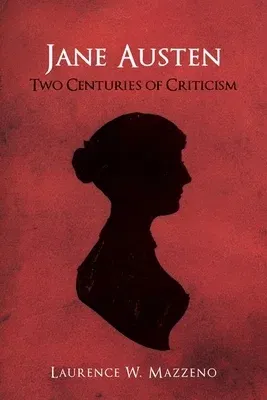Laurence W Mazzeno
(Author)Jane Austen: Two Centuries of CriticismHardcover, 2 May 2011

Qty
1
Turbo
Ships in 2 - 3 days
In Stock
Free Delivery
Cash on Delivery
15 Days
Free Returns
Secure Checkout

Part of Series
Literary Criticism in Perspective
Part of Series
Literary Criticism in Perspective (Hardcover)
Print Length
312 pages
Language
English
Publisher
Camden House (NY)
Date Published
2 May 2011
ISBN-10
1571133941
ISBN-13
9781571133946
Description
Product Details
Author:
Book Format:
Hardcover
Country of Origin:
US
Date Published:
2 May 2011
Dimensions:
23.62 x
15.75 x
2.79 cm
ISBN-10:
1571133941
ISBN-13:
9781571133946
Language:
English
Location:
Rochester
Pages:
312
Publisher:
Weight:
635.03 gm